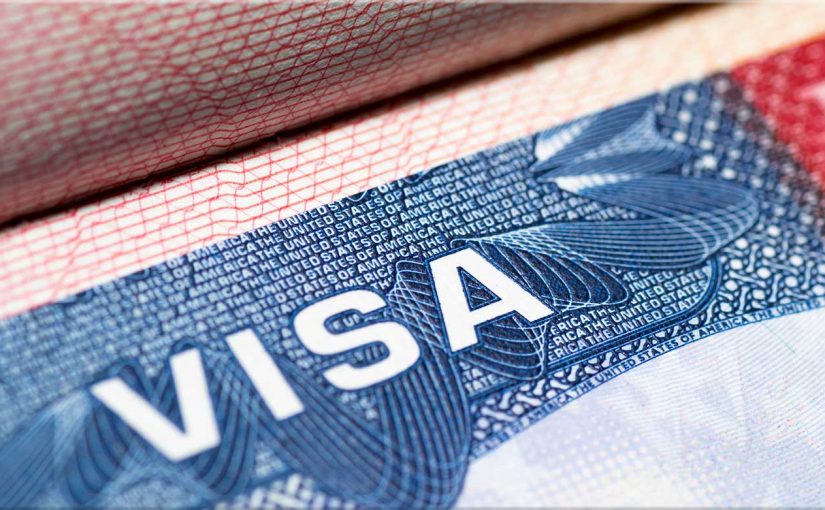
Interviewer: You mentioned some of the benefits and what about federal benefits, schools, job calls, or getting into the military?
Jeanne Morales: Unfortunately, right now the military will not take DACAs. The individuals have to either be a US citizen or be a lawful permanent resident, a green card holder. Now, there is a bill pending before the House right now, it’s been pending all year. I don’t see any movement on it, but it’s one of those specific immigration bills that doesn’t try to address everything. What it does say is that the military will not discriminate against DACAs and allow them to enter the military, which would be a big boom to some of these individuals, because military service actually can help lead to a green card or even citizenship.
DACA Relief Does Not Equal Legal Status in the US
Interviewer: When someone is granted deferred action, what does it mean when they acquired legal status?
Jeanne Morales: What it means to be legal in the United States is you’re either a citizen or have been granted permanent resident status, which means you’re not a citizen but you have the right to reside in the United States legally. The various people who enter the United States with some kind of temporary status through a visa program like a tourist visa or the foreign ball players who come here to play baseball and stuff, they have a work visa that’s a temporary type that allows them to come and perform their job in the United States. But they have a legal status in the United States. There’s a whole alphabet soup of visas that go far beyond the scope of this conversation.
DACAs are not technically in any legal status, but they do not accrue illegal presence, which is important for different immigration benefits. When you look at the population of people out of status in the United States as a whole, part of the rationale for this is the government would rather spend its resources going after and trying to deport bad people who have committed serious crimes and who violated the laws of the United States as opposed to going after a person who was brought here without any conscious decision on their part to violate any laws, and they’re just more a victim of circumstance. As long as they’ve kept their nose clean and gotten an education that’s kind of the reasoning behind that.
Until Congress passes the Dream Act, people in that category won’t have legal status, but at least they’re not actively being pursued by law enforcement, because there are only so much law enforcement resources. The government rightly so would rather spend those resources on going after bad people.
DACA Relief and Limits on Ability to Travel outside the US
Interviewer: If someone’s granted deferred action could they travel outside the United States?
Jeanne Morales: Let’s talk about during the process and after it’s granted. If someone files for DACA and you leave the country, they’ll consider that you’ve abandoned your request and they will stop processing it. If you’ve been granted deferred action and you wish to travel outside of the United States, there is a way asking for permission in advance to travel outside of the United States.
It’s kind of dicey because the whole point is I’m here because someone brought me here, at least while I was minor I had no ability to decide on my own to leave the country. Once you’ve left the country, you’d have to come up with some real reasons why you’re going to request permission back in. It’s not something that we recommend. It’s called advance parole. Parole is a special term; it has to do with being let into the country.
Another reason why it’s dicey is permission to enter the United States can be granted by different sources, like USCIS can grant advanced parole so that if you leave you can come back, or the State Department people who all receive and they want a reason to come to United States, the State Department can issue a visa for temporary entry into the United States.
However, regardless of who has granted permission to reenter, the final decision of whether or not you enter the United States rests with the guy at the gate. So the officers at the point of entry, whether you have a visa, whether you have an advanced parole to reenter the United States, depending on what they observe or they determine at the time you’re asking for entry to United States, they can say, “I don’t care if you have a visa. We believe X, Y, Z. We’re not letting you in.”
That’s another reason why I said it’s kind of dicey because I don’t want people to think, “Oh, you just fill out a form and you can run across the border and back.” Anytime you’re trying to enter the United States it can be problematic based on the conditions that exist at the time you’re knocking on the door.

